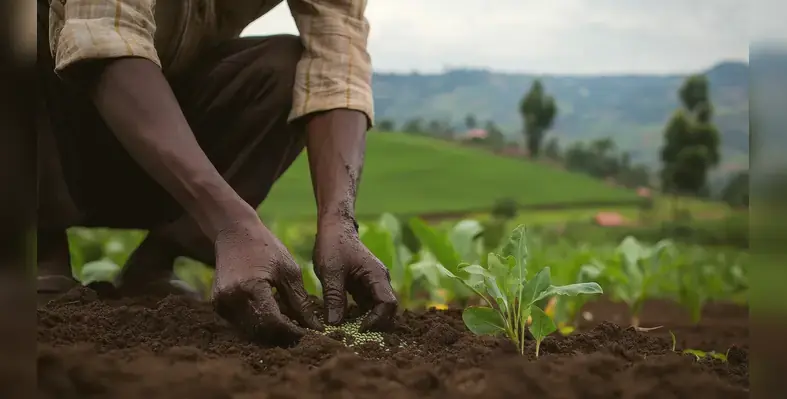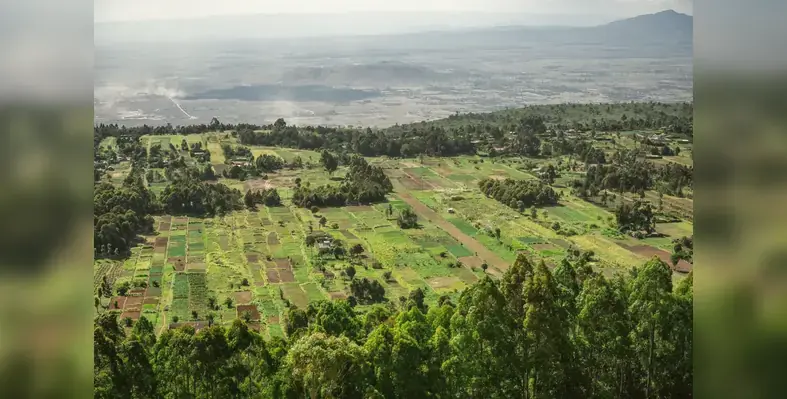The government has defended the long standing practice that requires maize farmers to buy new seeds every planting season, explaining that most maize grown across the country comes from hybrid varieties that do not perform well when replanted.
David Silinde, Deputy Minister for Agriculture addressed concerns raised by Urambo MP Magreth Sitta, who questioned why farmers are unable to reuse seeds harvested from the previous season instead of purchasing fresh supplies each year.
Silinde said the issue lies in the nature of hybrid seeds, which are specifically developed to deliver high yields, resist diseases and tolerate harsh weather conditions. These qualities, he explained, are only guaranteed during the first planting.
“Most of the maize seeds used by farmers nationwide are hybrid seeds, developed by crossing two or more parent lines of the same family. Due to their scientific structure, these seeds cannot retain their superior qualities when reused, which affects harvests and overall agricultural efficiency,” he said.
According to the Deputy Minister, certified seeds sold through registered agro dealer shops undergo extensive laboratory testing before reaching farmers. These tests confirm their quality and ensure they meet standards for productivity and resilience. However, once farmers save and replant seeds harvested from hybrid crops, the original traits weaken or disappear completely.
He added that this decline results in smaller harvests, reduced income and lower overall productivity, which ultimately affects national food security. For this reason, farmers are advised to use certified seeds each season to maintain stable production.
In a supplementary question, Sitta asked what steps the government is taking to lower maize production costs for low income farmers and how it plans to protect crops from destructive pests.
In response, Silinde said the government remains committed to supporting farmers through its agricultural input subsidy programme. The initiative provides subsidised seeds, fertilisers and pesticides, helping to reduce farming expenses while improving yields.
He noted that the programme is designed to ensure small scale farmers can access quality inputs without placing too much strain on their finances, while also strengthening pest control efforts to safeguard crops throughout the growing season.









